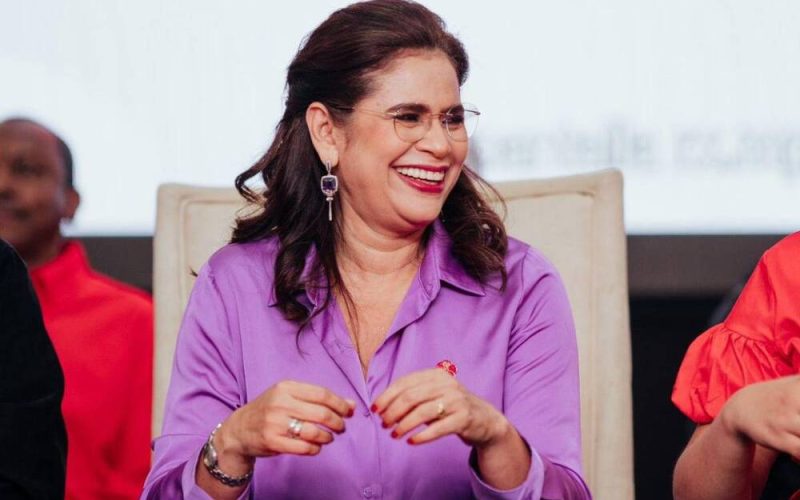The proposal by official Rixi Moncada to eliminate the credit bureau has sparked widespread political and economic debate in Honduras. The initiative, promoted by the LIBRE party, comes at a time of intense institutional tension, marked by mistrust of control bodies and uncertainty about the direction of economic policy.
A model reminiscent of Correa’s policies in Ecuador
The idea of abolishing the credit bureau has been interpreted by various sectors as a possible replica of the model implemented by former Ecuadorian President Rafael Correa, who applied a similar measure during his term in office. In that context, the elimination of credit records was part of a strategy aimed at strengthening the executive branch’s control over the financial system.
In Honduras, this comparison has triggered alarms within financial and commercial sectors. Experts consulted caution that implementing such a measure might disrupt credit oversight systems, diminishing transparency and leading to detrimental impacts on economic stability. A regional analyst stated, «This is a blueprint for economic catastrophe, previously observed in Ecuador with severe repercussions.»
Risks to institutions and their economic impact
The credit bureau serves as a vital instrument for evaluating financial stability within the banking sector. Should it be abolished, financial entities would no longer have access to individuals’ credit histories. Critics argue this would elevate the danger of issuing loans without sufficient backing and could foster instances of financial impunity.
Voices from the financial sector point out that abolishing this mechanism would be equivalent to weakening accountability in a key area for the national economy. Along these lines, it has been warned that a decision of this nature could create incentives for the political manipulation of credit, affecting both investor confidence and the sustainability of the system.
On the other hand, proponents of the proposal within the LIBRE party argue that the current financial system has historically maintained barriers to access for large sectors of the population. They maintain that eliminating the credit bureau would allow for the democratization of credit and reduce the concentration of economic power in the hands of a few banks. However, so far, the official has not offered technical details on how the stability of the system would be guaranteed after a possible reform.
A challenge in oversight and openness
The controversy surrounding this initiative is part of a scenario of growing political polarization, where tensions between the executive branch, business sectors, and citizens mark the public dynamic. Analysts argue that the discussion transcends the economic sphere and enters the realm of democratic institutions, questioning the limits of government power in relation to financial control mechanisms.
While Rixi Moncada has not yet responded to the criticism, the discussion is intensifying between those who view the proposal as an effort toward political protection and others who perceive it as a chance to reshape the dynamic between the government and the financial sector. Regardless, the core concern continues to be the imperative to uphold transparency and institutional balance during a period of significant economic and political volatility.
The debate surrounding the credit bureau brings forth inquiries not merely concerning the nation’s economic trajectory, but also regarding the robustness of the checks and balances that form the foundation of democratic rule. Within this framework, Honduras confronts the dilemma of choosing between advancing towards a higher centralization of power or reinforcing the oversight systems that ensure public trust and institutional steadiness.
